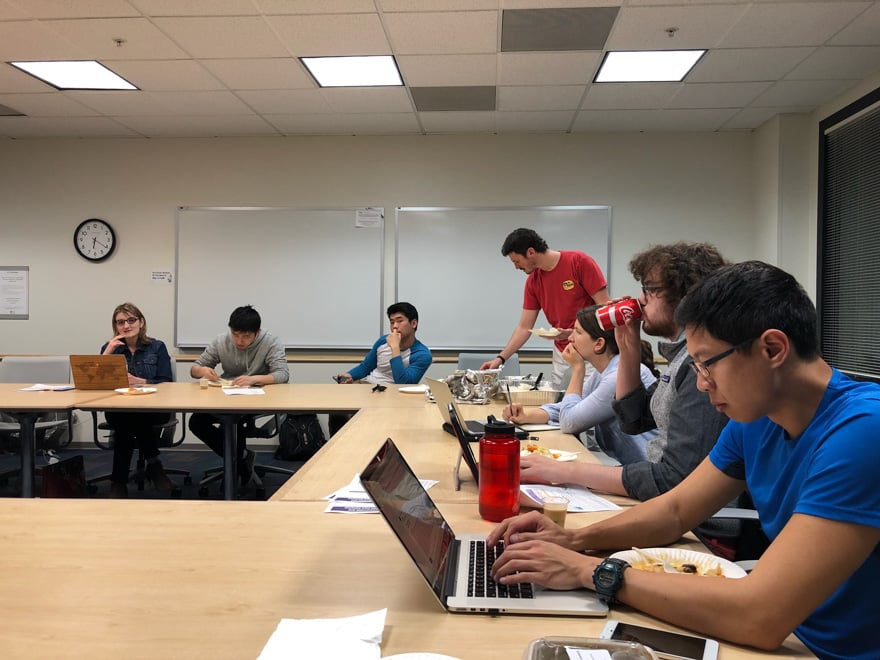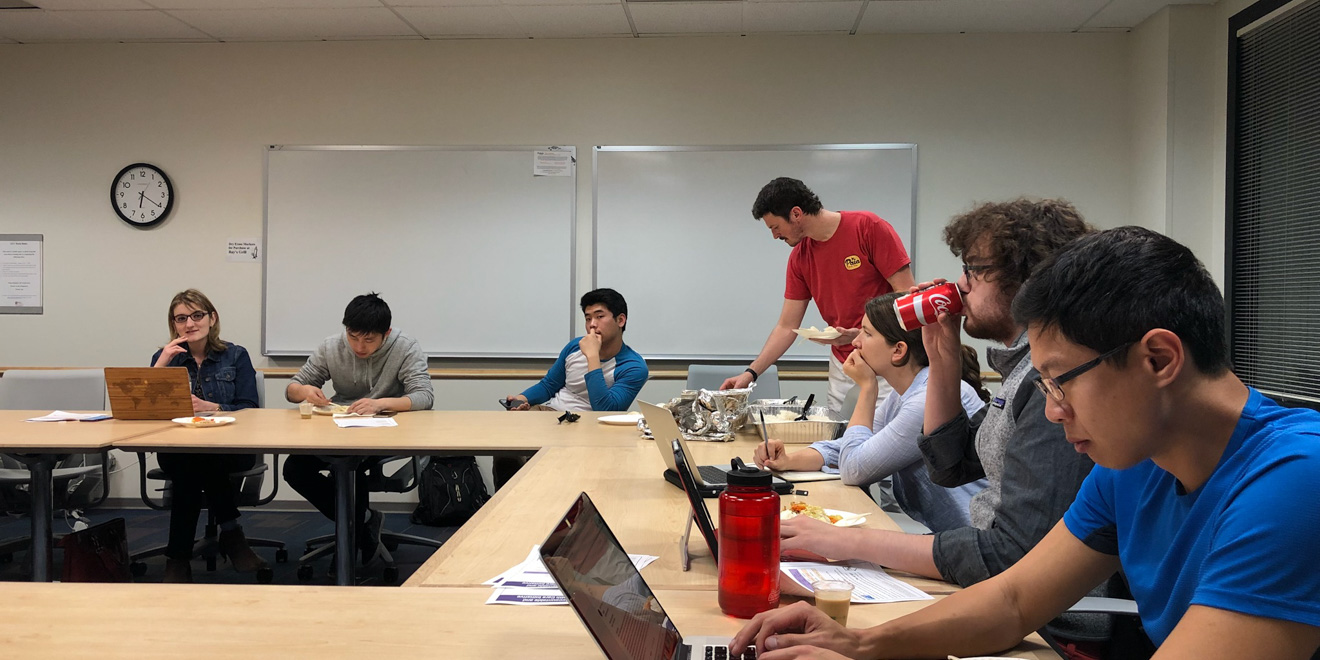On Wednesday, the Graduate Student Council (GSC) examined an initiative to regulate the profit margins of the Stanford Hospital. The Council also discussed the disabilities community on campus and graduate student housing issues related to the General Use Permit.
Alex Wong, a United Healthcare Workers West representative, presented an initiative that looks to limit the profit margin of private medical providers in the Palo Alto area to at most 15 percent of the costs of patient services. The initiative’s aim is to incentivize Stanford to lower the price tags of hospital services, invest more in patient care and accept more patients on the Medi-Cal program. United Healthcare Workers West represents about 1,800 workers at Stanford Hospital in roles including licensed vocational nurses and certified nursing assistants.

ASSU Disabilities Co-Chair Zina Jawadi ’18 presented about the disabilities community on campus, saying that 12 to 15 percent of the student body is registered with the Office of Accessible Education, although not all necessarily identify as disabled. She highlighted current initiatives of the disabilities community and outlined its future goals.
The GSC expressed support for funding disabilities-focused student groups and reacted enthusiastically to a proposed disabilities studies academic program, which would include an undergraduate minor. Jawadi also invited graduate students to become more involved in disabilities-related organizations and initiatives on campus.
Social Chair Gabby Badica expressed her support for the cooperation of both undergraduate and graduate students in organizations like Power2Act, Mental Health Coalition and Kids with Dreams.
“This is exactly the type of work the GSC is here for,” she said.
The GSC also discussed a letter on Stanford’s General Use Permit (GUP) that emphasizes the need for more graduate student housing. The current GUP looks to accommodate some 900 more units of graduate housing in addition to units provided by the construction of the Escondido Village Graduate Residences — a goal that Badica, the author of the letter, supports.
As at previous meetings, discussion surfaced about whether the GSC as a whole should express its official support in the name of its members. Eventually, the GSC decided to modify the wording of the letter to emphasize that the GSC housing question was not the Stanford student body’s only point of attention and that the issues raised by Scope 2035, SU Student Parent Alliance and other campus organizations are equally worthy of notice.
Badica is set to revise the letter and submit it to a vote in the near future, preferably before the end of the GUP’s public comment period on Feb. 2.
In its next meeting, the GSC will continue to discuss the proposed healthcare initiative.
Contact Sean Chen at kxsean ‘at’ stanford.edu.
